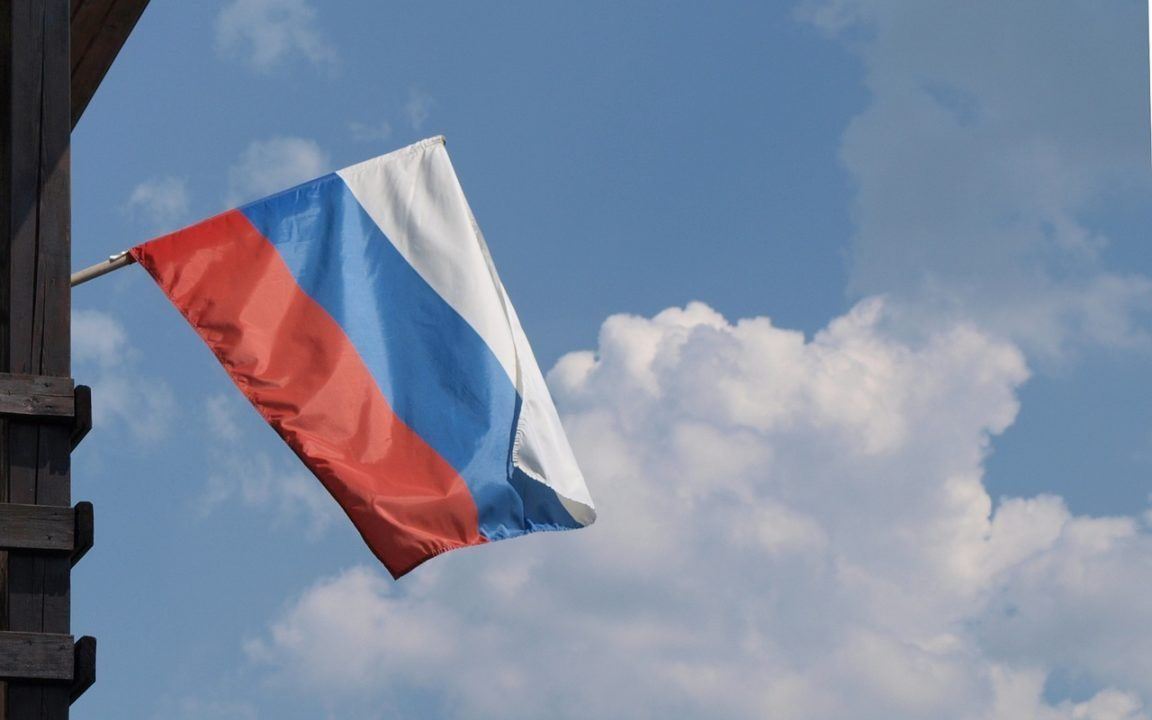Courtesy of Reid Carlson
Just days after the 2018 Winter Olympics held in PyeongChang, South Korea came to a close, the International Olympic Committee (IOC) reinstated the formerly-suspended Russian Olympic Committee (ROC), claiming the ROC and its domestic anti-doping organization, RUSADA, were on their way to becoming fully-compliant with the World Anti-Doping Agency (WADA). In fact, the IOC Executive Board nearly reinstated Russia before the 2018 Winter Games came to a close, only stopping short when two “Olympic Athletes from Russia” (OAR) tested positive for banned substances.
However, ROC President Alexander Zhukov stated last week that Russia will not recognize the conclusions of the McLaren Report, thereby halting any chances of RUSADA becoming WADA-compliant. As reported by insidethegames.biz, Zhukov said:
“The road-map for the restoration of the Russian Anti-Doping Agency has been practically completed, with the exception of two points:
“The first of them is the recognition of the conclusions of the McLaren Report, which cannot happen, because it claims that there was a system of doping supported by the state in Russia, which is not so.
“The report of the IOC Commission under the leadership of Samuel Schmid directly says that such a system did not exist.
“Therefore, there is a contradiction that, within the framework of negotiations with WADA, must be eliminated.
“WADA insists on recognizing what was not.”
The contradiction Zhukov refers to comes from a report by the IOC Disciplinary Commission, led by Samuel Schmid, which describes an “evolution in the wording” used in Professor Richard McLaren’s original McLaren Report. Per the IOC Disciplinary Commission (section 2.2.7, paragraph 4):
The “State-run system” was amended to “An institutional conspiracy existed across summer and winter sports athletes who participated with Russian officials within the Ministry of Sport and its infrastructure, such as the RUSADA, CSP and the Moscow Laboratory, along with the FSB for the purposes of manipulating doping controls.”
The differences between a “state-run system” and “an institutional conspiracy,” though vague, are enough for Zhukov to continue resisting WADA’s demands for the time being. The IPC and the IAAF will likely stand with WADA and not reinstate their Russian counterparts until RUSADA is declared fully-compliant once more.
Immediately following the IOC’s reinstatement of the ROC, Sir Craig Reedie, President of WADA, told the BBC that he would have preferred Russia’s suspension from the IOC to last a little longer–at least until RUSADA 1. acknowledged the validity of the first and second McLaren Reports, and 2. granted WADA officials to the Moscow anti-doping laboratory. As Reedie states:
“I would have preferred a slightly longer period, because that might have given me and the World Anti-Doping Agency a little more time to try to get the Russian Anti-Doping Agency to be fully compliant.”
“Which it isn’t.”
“But, it is the IOC’s call.”
“The only people the IOC can discipline are their own National Olympic Committees and the Russian Olympic Committee is a big one.”
“They have decided to restore their status.”
Had the IOC not eased Russia’s suspension so quickly, Zhukov might not have taken such a bold stance regarding RUSADA, but that is merely speculation. With more than two years to go before the 2020 Summer Olympics in Tokyo, Russia has plenty of time to negotiate a more favorable settlement with the IOC and WADA, especially now that it has more stable footing within the IOC.
Furthermore, Russia will host the 2018 FIFA World Cup this summer, leaving the world to question how seriously the IOC is dedicated to anti-doping.

Leave a Reply